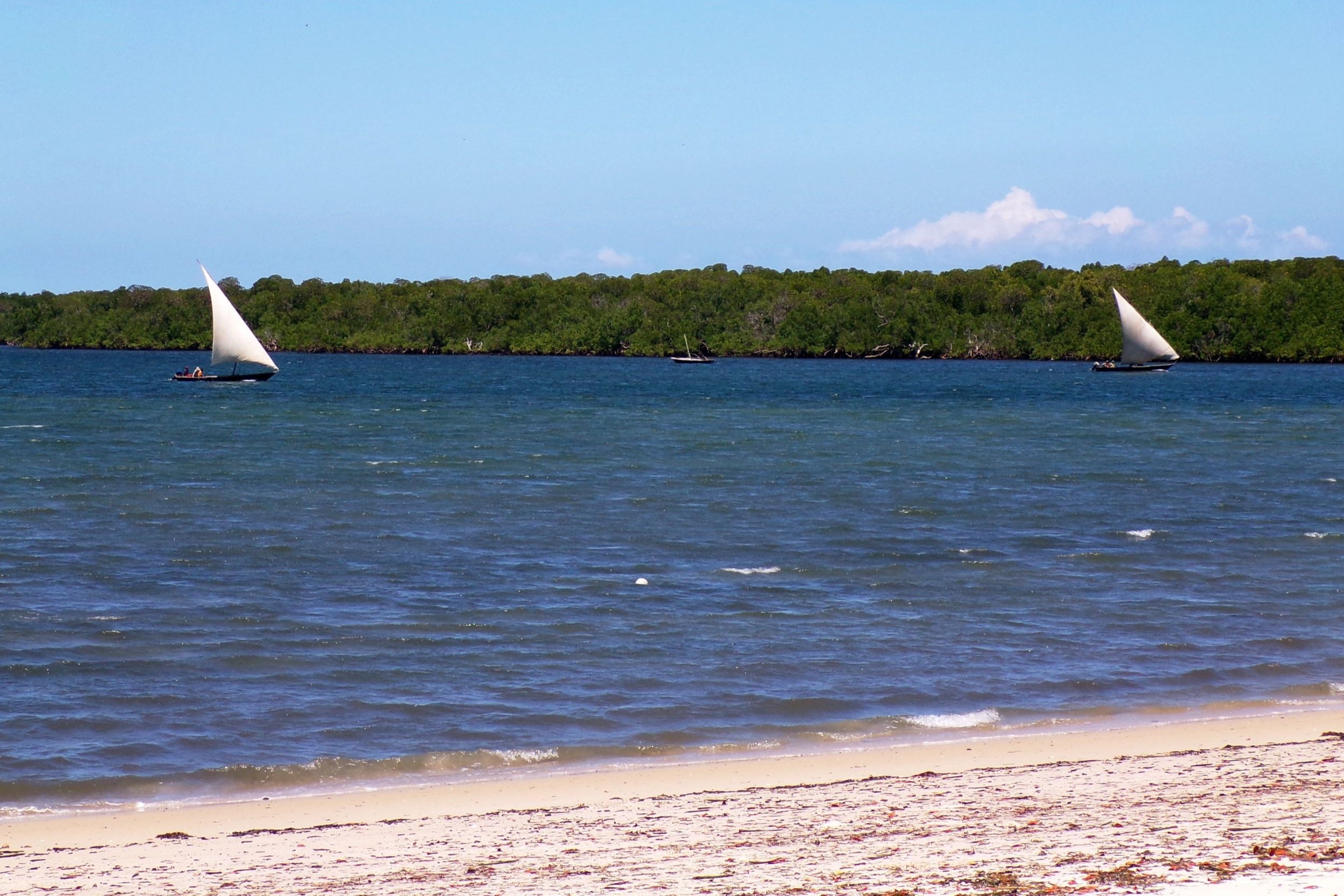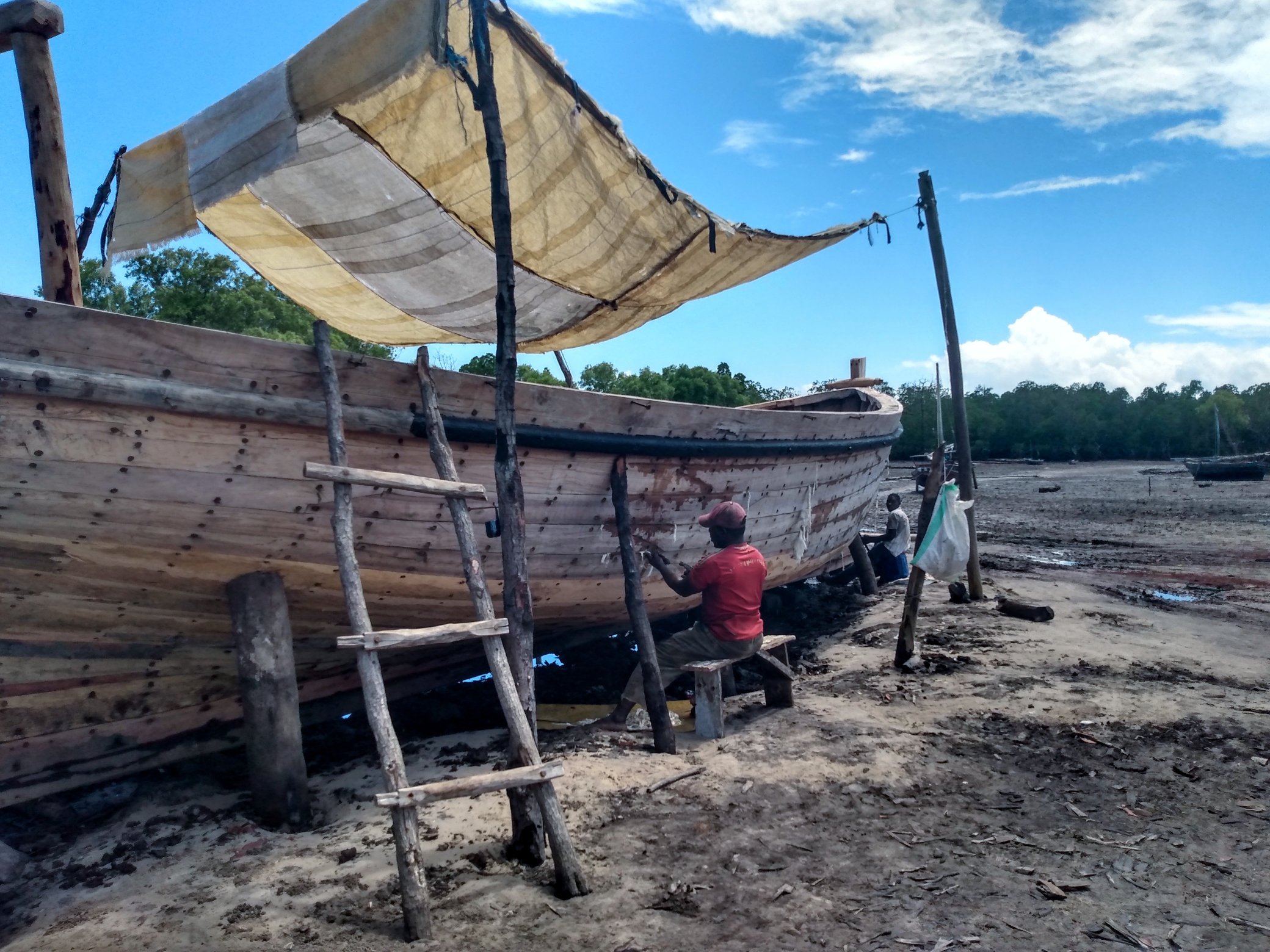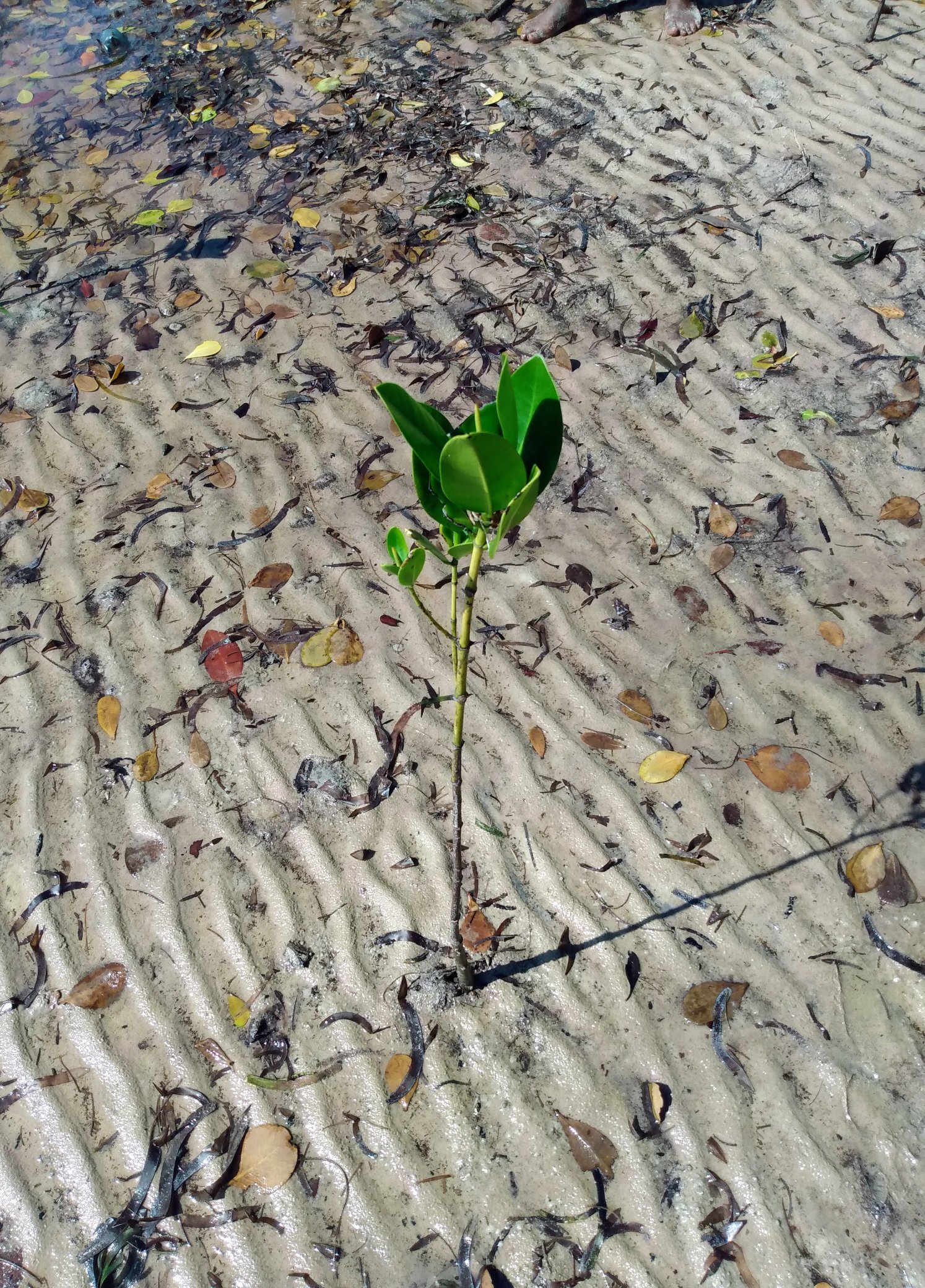
Fishermen returning with their catch during high tide
How can evolutionary social sciences help solve collective action problems?
I am an interdisciplinary social scientist studying why and how people cooperate with one another. I work to apply this knowledge toward solving collective action problems such as natural resource management and climate change adaptation.
About Me
I am an assistant professor in the Department of Anthropology at Washington State University and the co-director of the Human Sociality Lab. With formal cross-training in anthropology, psychology, and epidemiology, I draw upon a diverse set of theories and methods to study how communities work together to respond to environmental and cultural change. Specifically, I investigate 1) how and why people cooperate with one another, and 2) how people innovate, share, and adopt climate change adaptations.
I direct the Tanga Sociality and Fisheries Project, a long-term field site on the coast of northern Tanzania focused on how social networks impact participation in fisheries management. And in a new project I am leading in collaboration with CREID-ECA, I am studying how camel pastoralists in northern Kenya are adapting to climate change and its effects on conflict, famine, and infectious disease. My research has been recognized with multiple awards, including the New Investigator Award from the Human Behavior and Evolution Society and the Postdoctoral Researcher Achievement Award from the College of Arts and Sciences at Washington State University.
I received my PhD in Psychology from the University of Pennsylvania in 2019, where I also completed a postdoctoral fellowship with MindCORE. I then went on to complete additional postdoctoral training in the Department of Anthropology and Paul G. Allen School for Global Health at Washington State University.


